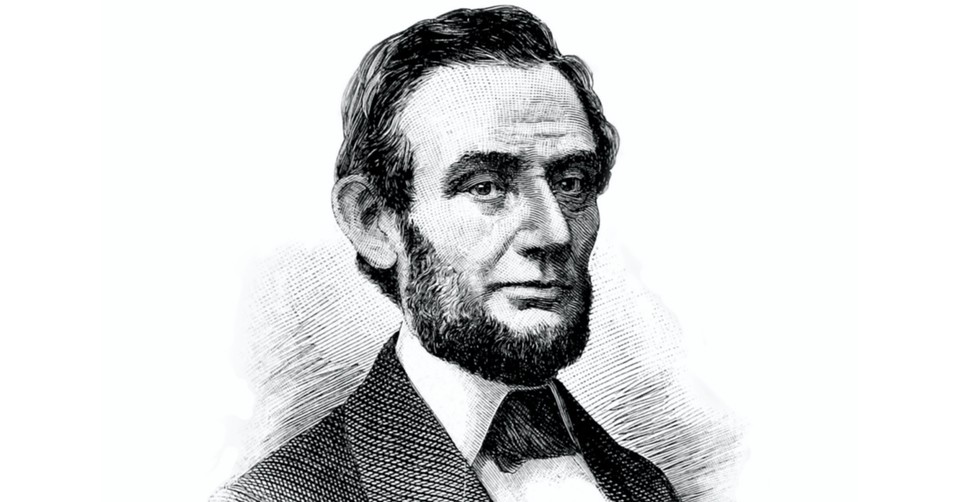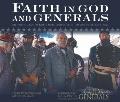Abraham Lincoln: Consecrated to Christ

It appears that the grace of God was to be understood by Lincoln and a personal relationship with the Savior established only after yet another private tragedy would compound his public sorrow.
Tragedy was to make its presence known in the White House with the sudden death of little Willie, the Lincolns' youngest child and the apple of the president's eye. In the hour of his inconsolable grief, Willie's nurse shared with the president her very personal relationship with Jesus Christ and encouraged him to know the Savior.
Lincoln, by his own testimony, did not immediately respond, but some time later he related to a friend his newfound peace. He said, "When I left Springfield, I asked the people to pray for me; I was not a Christian. When I buried my son-the severest trial of my life-I was not a Christian. But when I went to Gettysburg, and saw the graves of thousands of our soldiers, I then and there consecrated myself to Christ." With deep emotion he told his friends that he had at last found the peace for which he longed.
In the days that followed, Abe Lincoln worshiped regularly at New York Avenue Presbyterian Church, not only on Sunday, but at the Wednesday evening prayer service as well. Dr. Phineas Gurley, the godly pastor of the church, became the president's personal confidant, and relates the fact that Lincoln had discussed with him his desire to make public his confession of faith and to unite in membership.
Some months later, his second inaugural address was like the Gettysburg Address, a classic that reads like a sermon, with two complete verses of Scripture and fourteen references to God. But, within weeks the nation would mourn its tragic loss, and Abe Lincoln would dwell in the presence of the Christ whom he had now come to love and know so personally.
Palm Sunday 1865 was marked by rejoicing in the city streets of the North. General Robert E. Lee had surrendered at Appomattox, and to all intents and purposes the Civil War was over. The president gave thanks to God, and without a triumphal word, directed the attention of the nation to the task of reconstructing the South and to the healing of our Southern "brothers and sisters."
Five days later, on, Good Friday, church bells began to peal in Washington, then in Philadelphia, then in New York City and across the nation-the president was dead. Even before he was buried, the president's name would be linked with Washington's. "Washington the father of the nation...Lincoln the savior of the nation!"
Humble, self-effacing Abe Lincoln would have been very uncomfortable with the epithet of "savior" being attached in any manner to his name. Yet, the Union had been preserved, and God had used a most unusual man to accomplish His eternal purposes.
Photo credit: ©Getty Images/Wilshire Images
Originally published February 21, 2005.








